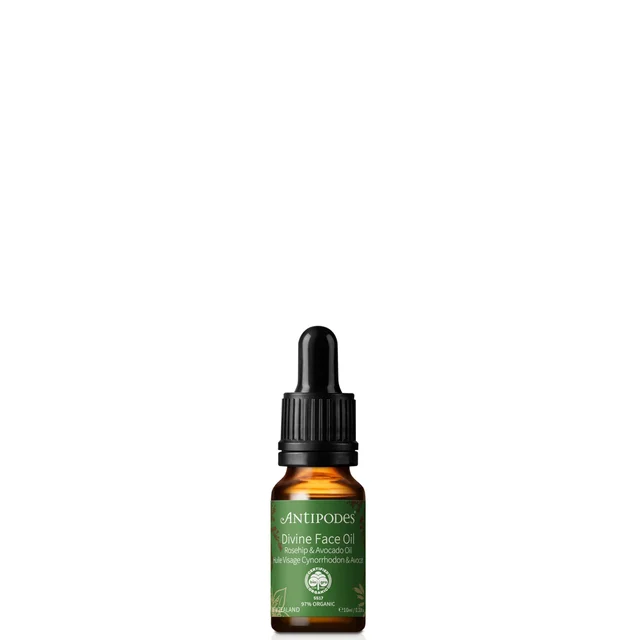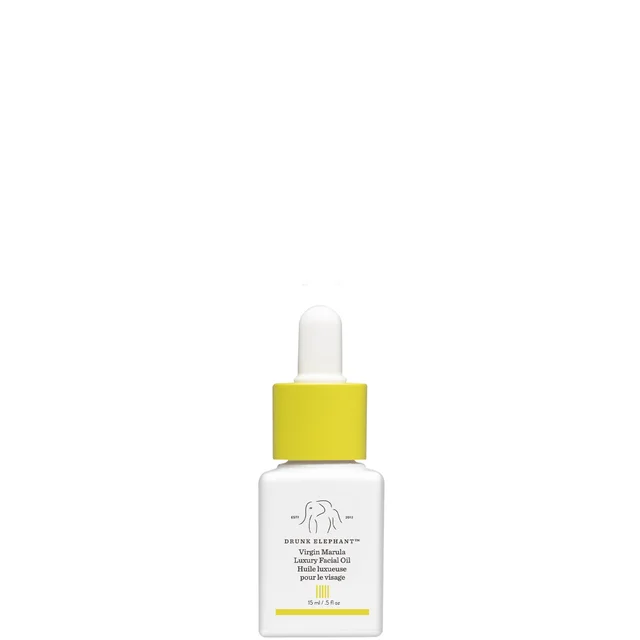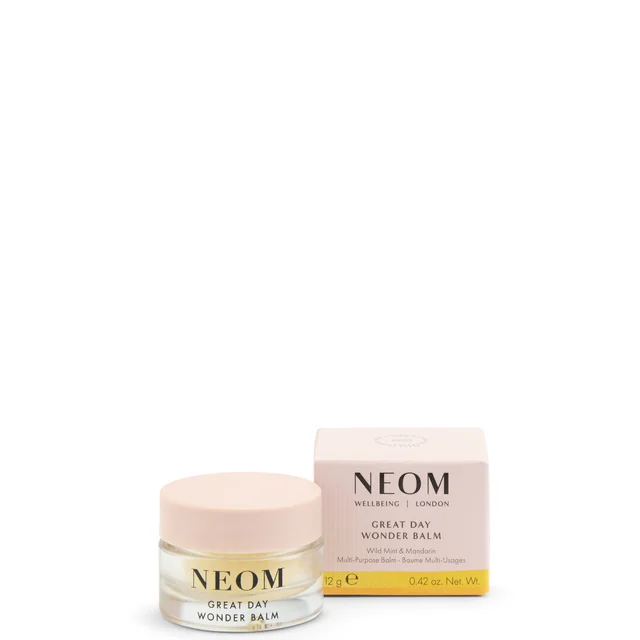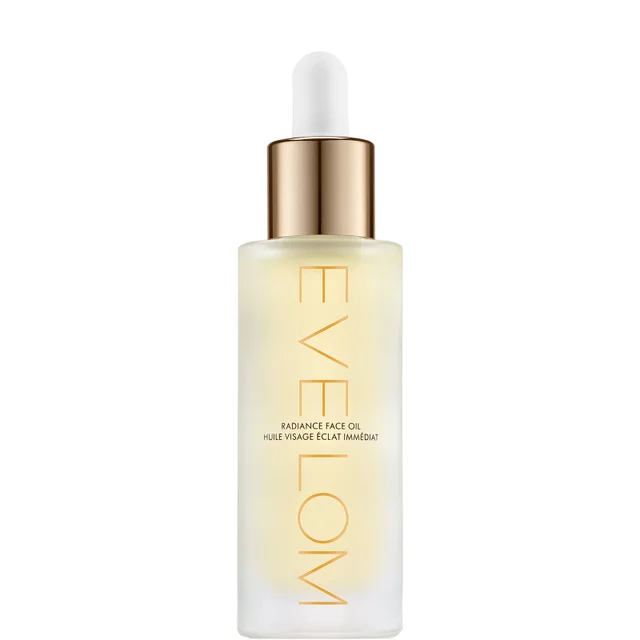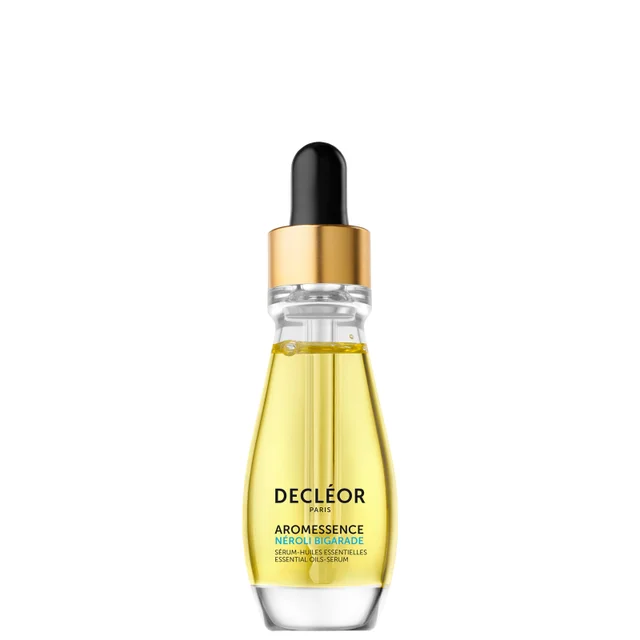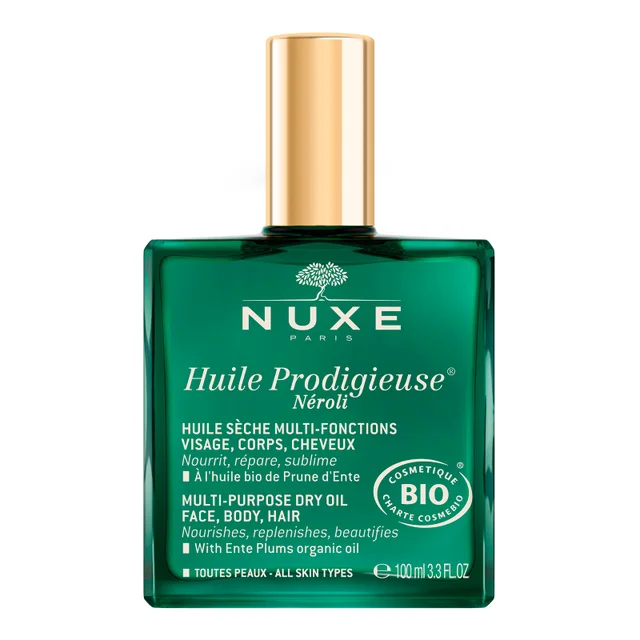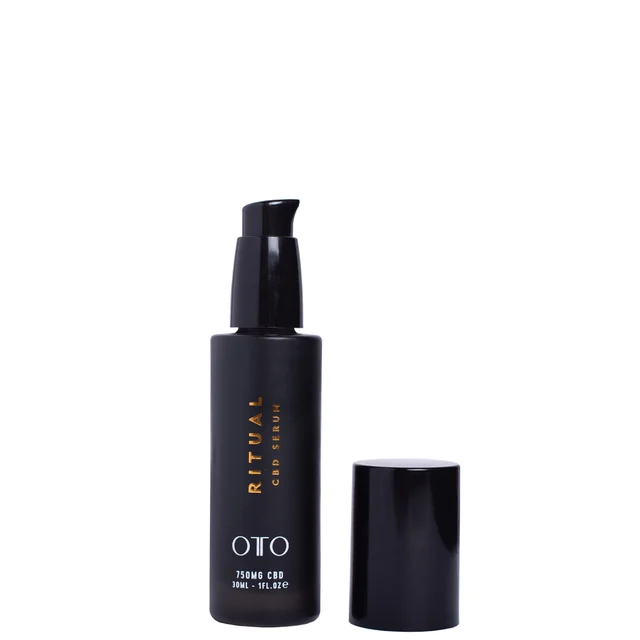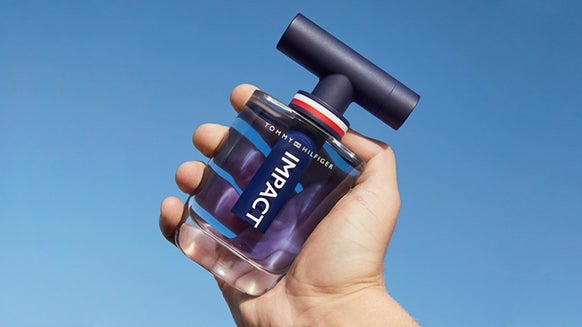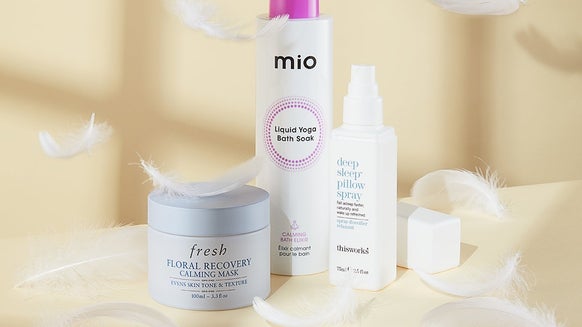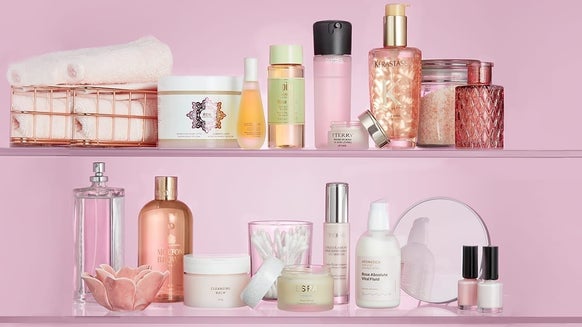Should you be using oils in your skincare routine?
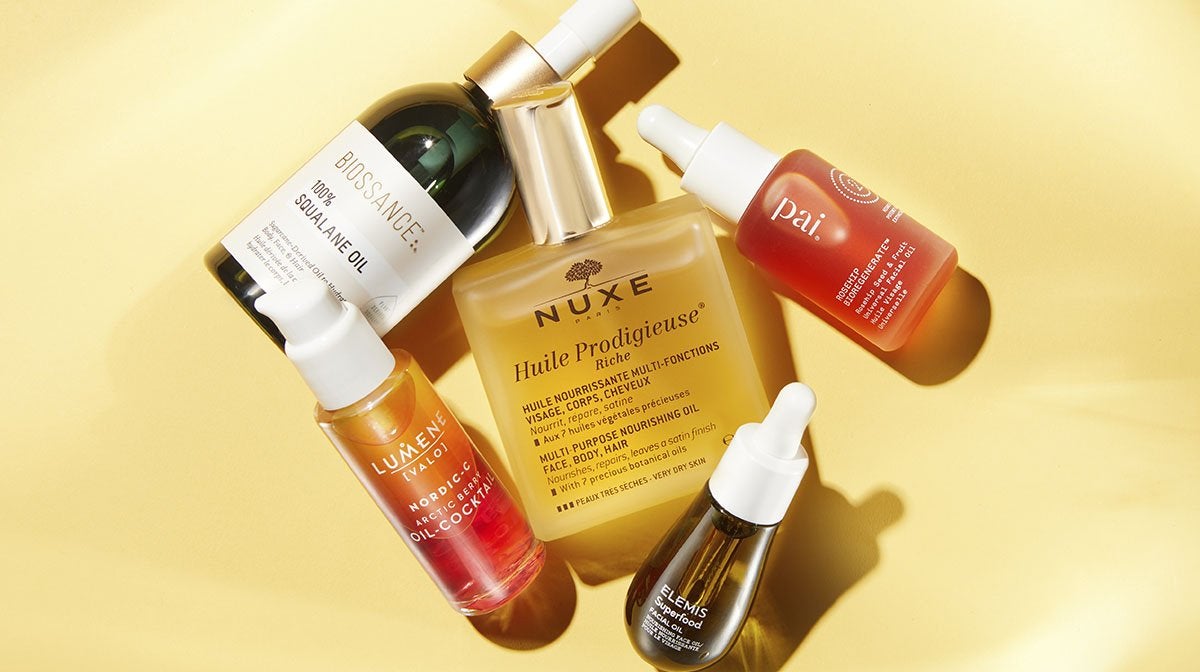
With new skincare products and ingredients constantly being added to the list of must-haves for a glowing complexion, it can be hard to choose the right line up to complement your skin type. One of the most contradictory when it comes to skincare, oils have been hailed as both a hydrating hero and blamed for breakouts. Here to clear up the confusion around skincare oils, we spoke to Dr Ana Mansouri (@dr.ana_theskinexpert), Cosmetic Doctor and Skincare Expert on everything from when to apply an oil to which one is right for your skin type.
What are the benefits of skincare oils?
"Many plant oils contain antioxidants (fighting free radicals) and fatty acids (supporting the skin barrier function) which have a multitude of skin health benefits when used correctly. Oils tend to trickle between skin cells more readily than creams therefore the penetration can be more effective in certain cases" answers Dr Ana.
"As there is certainly a lack of research on the use of oil on the skin, the benefits are mainly based on anecdotal and individual reports rather than hard data. Having said this, I have seen plenty of patients who find that the use of oils in their skincare is beneficial to maintaining their skin health and promoting moisture levels. I personally find that oils are best studied for dry and mature skin types as a means of adding moisturising benefits, although they can be helpful for a wider range of skin types" she adds.
What's the best skincare oil for dry and mature skin?
"Dry and mature skin types are generally better suited to a wider range of oil types. For normal, sensitive, dry, and mature skin types and mature skin types, oils with higher levels of oleic acid such as almond, avocado, shea butter, olive, jojoba, and moringa oils or squalane are best suited for their moisturising effects" says Dr Ana.
What's the best skincare oil for sensitive skin?
As mentioned, Dr Ana recommends oils such as almond, avocado or shea butter for sensitive skin types, however she warns: "sensitive skin types must make sure to avoid fragranced products however, and I do recommend performing a patch test before full application as they may be allergenic. Essential oils are highly allergenic and should not be used on the skin. Mineral oils are less allergenic and are therefore better suited for sensitive and eczema-prone skin types".
What's the best skincare oil for oily and blemish prone skin types?
"Combination and oily skin types must be careful not to choose an oil that will clog their pores or exacerbate their oily complexion. Oils with a higher concentration of linoleic acid (low concentration of oleic acid) are recommended as these tend to be the lowest on the comedogenic scale. These include sunflower, grapeseed, rosehip and organ oil. Having said this, comedogenicity is not an exact science and tends to be poorly understood which is why I still recommend proceeding with extreme caution for acne-prone skin where avoidance may be more suitable altogether" advises Dr Ana.
"Mineral oils are a somewhat controversial topic as the evidence hasn’t shown that it is comedogenic, however experts agree that it doesn’t tend to worsen comedone-prone and acne-prone skin, perhaps by a means of trapping other skin debris into the pores by the way of its application. I therefore also recommend breakout-prone skin to avoid mineral oils" adds Dr Ana.
Are there any skin types that should avoid oils?
"Oil-based products are best suited to dry and mature skin types generally speaking, however oils can impact individuals very differently depending on skin condition as well as the formulation of the chosen product".
"For acne-prone or rosacea-prone skin, I recommend avoiding oils altogether as there is a risk these may exacerbate breakouts and inflammation which may, in turn, lead to permanent scarring. Oils high in oleic acid such as coconut oils or palm oils, in particular, should be avoided at all costs as these tend to be highly comedogenic causing clogging of the pores leading to acne, comedones and breakouts. Generally speaking, occlusives like shea butter, beeswax, cocoa butter, jojoba oil, mineral oil, squalene, lanolin and petroleum are more likely to trigger breakouts for these types of skin".
"As oils in skincare can be inflammatory, I suggest using with caution for anyone who has very sensitive, reactive, or even pigmentation-prone skin".
When should an oil be used in a normal skincare routine?
Dr Ana's skincare routine rule: "I usually recommend applying skincare according to thickness with the thinnest product applied first". When it comes to skincare oils, she recommends using these at night as after you have applied the rest of your skincare products to minimise any obstruction of absorption from products layered on top. "Oils are best used as the last step in your evening routine, on top of hydrating serums, in combination with a moisturising cream in order to seal in the hydration and prevent water loss overnight. If applied during the daytime, they are best applied after cleansing, toning, serums, moisturisers and underneath your SPF or makeup".
Should oils be used on the skin every day?
"Oils can be used daily depending on a case-by-case basis" says Dr Ana. "Certain dry and mature skin types find this beneficial in order to smoothen and soften dry, rough skin texture and to plump the appearance of the skin. Having said this, for most skin types I would recommend applying oils in moderation (small amounts only) and no more than a few times per week to begin with. It’s important to listen to your skin and work your way up or down from there depending on the moisture requirements".
"During the winter months, you may find that your skin suffers from excess dryness and therefore increasing the frequency slightly may help to control this. You may even wish to dilute oils in your moisturiser for a more lightweight application during the daytime. Oils can also be used occasionally as an overnight mask for a hydration boost".
What are the most common myths around skincare oils?
"The first myth around facial oils is that they all worsen oiliness to the skin as well as clog pores. Many types of oils are indeed highly comedogenic, however these are other types of oils that have a minimal pore-clogging affinity and therefore may be used by combination and oily skin types without cause for concern. Oils with low-comedogenic ability include oils high in linoleic acid and low in oleic acid content" clarifies Dr Ana.
"Another common myth about oils are that they are hydrating. As they don’t contain water, on their own, they have minimal hydration benefits however when applied on top of hydrating serums (such as HA) they help to seal this hydration in and moisturise the skin (support the fatty acid layer). They are therefore best utilised in combination with a hydrating serum applied on damp skin".
What are the benefits of using an oil based cleanser or cleansing balm?
"Using an oil-based cleanser or balm can be beneficial for loosening, breaking up and lifting off particles of natural oils, makeup, as well as waterproof mascaras and sunscreens, as the first step in your cleansing routine in the evenings" says Dr Ana. "These are best used with water due to the emulsification effect and can be gentler on the skin's natural oil content and barrier than traditional foaming cleansers. Once this has been completed, I recommend double cleansing with a second non-oil-based product to remove the residual layer of oil thereby enhancing the penetration of subsequent products applied as part of your evening routine. As long as the oil-based cleanser is effectively removed with a wash-off cleansing product during a second cleanse, this can be applied to even oily skin types".
What are the benefits of using an oil-based serum?
"Oil-based serums generally tend to target specific skin concerns and are therefore often combined with certain active ingredients to support this such as brightening, calming or anti-aging actives" answers Dr Ana. "These can be useful as an all-rounder product where more than one skin concern can be targeted with one product. Serums often also contain hydrating ingredients such as Hyaluronic Acid which are locked in with the oil base, especially when applied on damp skin".
What are the benefits of using an oil-based moisturiser?
"Oil-based moisturisers tend to target the moisture level of the skin to improve the fatty acid layer of the skin in order to boost moisture levels, support the barrier function of the skin and soften dry skin. They provide a protective layer, preventing trans-epidermal water loss to give a more plump and glowing complexion. I prefer the use of oils in combination with other moisturising ingredients as this increases the barrier function support and TEWL (water loss) prevention much better as a combined effect compared to when used in isolation".
Can oil based products support smoother makeup application?
"Oil-based products can be applied underneath makeup and some patients find that this helps to provide a plump and smoother base for makeup application, especially for dry and mature skin types" says Dr Ana. "Those with combination and oily skin may however find that it gives them an excessively shiny appearance when applied in the morning. You may however find that certain facial oils applied on top of water-based moisturisers/serums before allowing full absorption may cause pilling which will look unflattering with makeup application. Finding the right balance and products that work well together is key here".

Working with brands at LOOKFANTASTIC for over two years I have developed my knowledge of all things beauty from key skincare concerns to niche makeup tricks and haircare hacks. I have a major passion for finding effective solutions that are easily accessible to everyone so that we can all achieve our best, glowing complexion.





